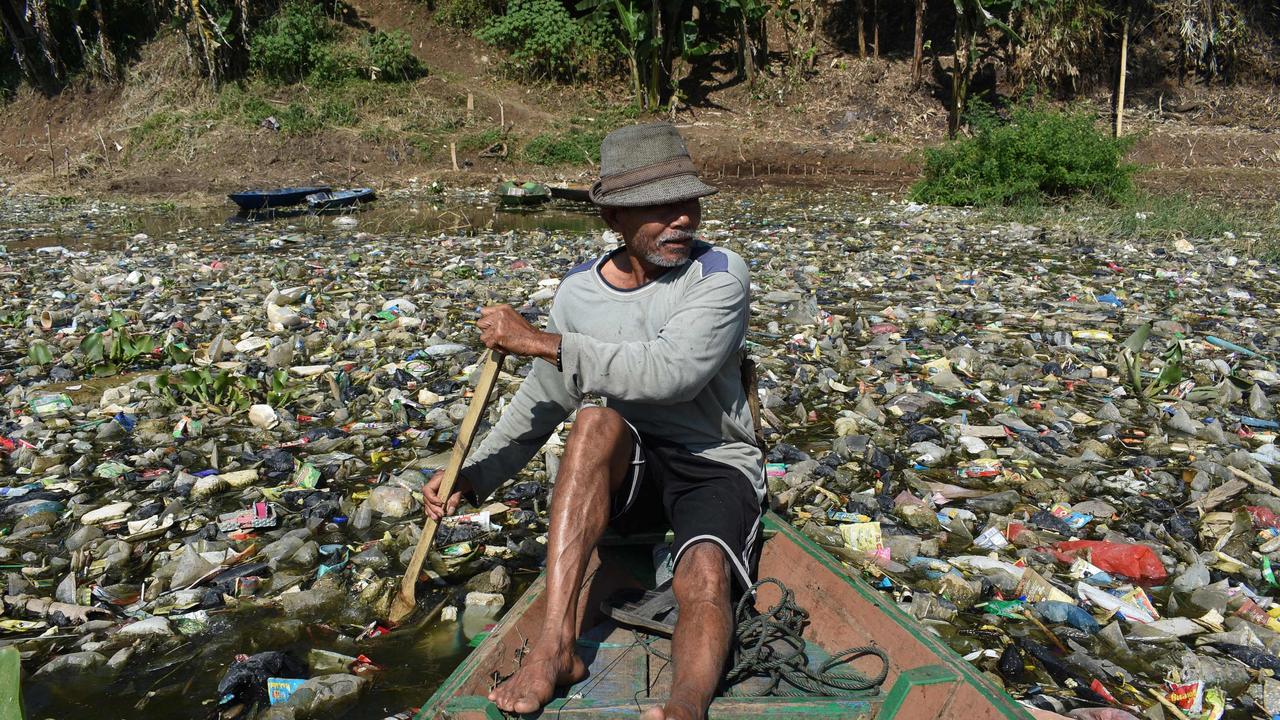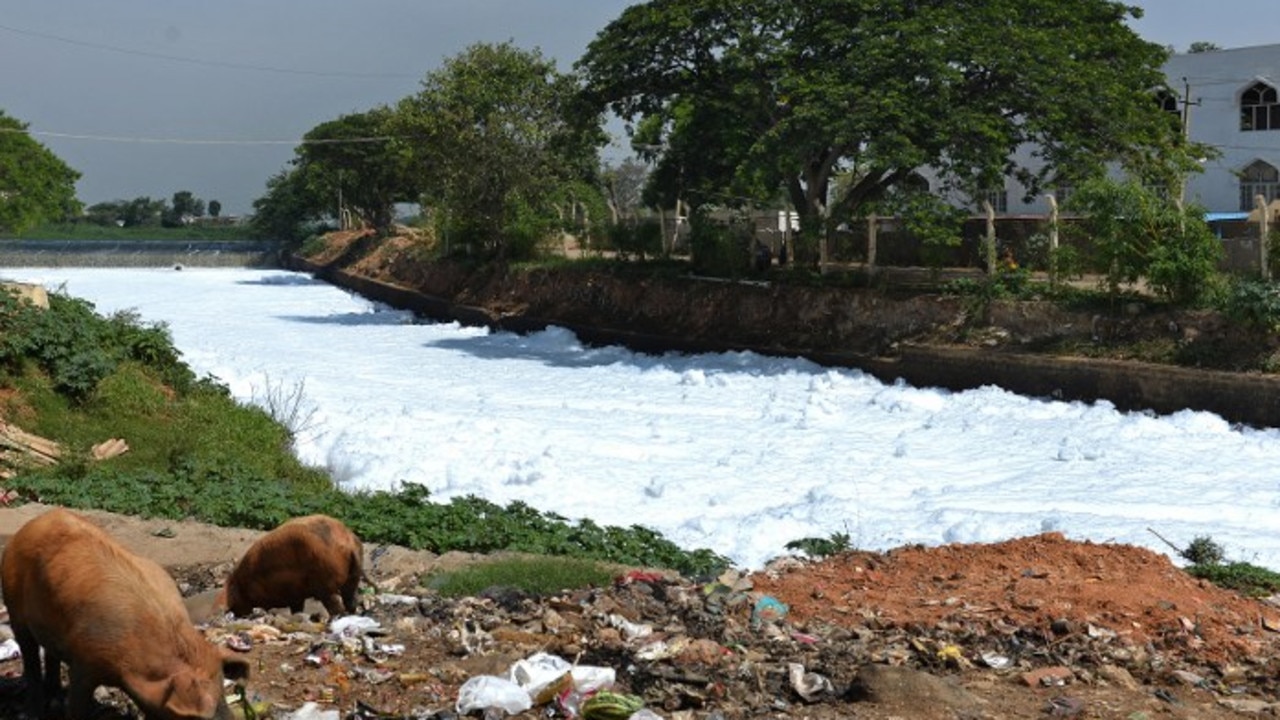Water pollution threat to economic growth, public health, says World Bank water quality report
Water quality is getting so bad that without urgent action it will affect human health, massively reduce food production and, consequently, stall economic progress, a World Bank report warns.

Heavily polluted water is reducing economic growth by up to a third in some countries, sparking a call for action to address human and environmental harm.
A World Bank report released this week argues that without urgent action, water quality will continue to deteriorate, impacting human health, massively reducing food production and, consequently, stalling economic progress.
The report, Quality Unknown, relied on what it said was the biggest-ever database assembled on global water quality using monitoring stations, satellite data and machine learning models.
“Clean water is a key factor for economic growth. Deteriorating water quality is stalling economic growth, worsening health conditions, reducing food production, and exacerbating poverty in many countries,” said World Bank Group President David Malpass.
In some regions, rivers and lakes are so polluted that they are literally catching fire. Prime examples include the Bellandur Lake in Bangalore, India, which has carried ash onto buildings up to six miles away.
Many other bodies of water, however, are polluting less dramatically, but just as dangerously, with a toxic cocktail of bacteria, sewage, chemicals and plastics, sucking oxygen out of water supplies, and in effect, poisoning them.

The report found that when Biological Oxygen Demand - an index of the degree of organic pollution and a proxy for overall water pollution -- crosses a threshold of 8 milligrams per litre, GDP growth in downstream regions drops by 0.83 percentage points, about a third for the mean growth rate of 2.33 per cent used in the study.
This is because of impacts on health, agriculture, and ecosystems and a “stark indication that there often trade-offs between benefits of economic production and environmental quality, and that the externalities... can be circular,” the report said.
A key contributor to poor water quality is nitrogen, essential for agricultural production but which leaches into rivers and oceans where it creates hypoxia and dead zones, and in the air where it forms nitrous oxide, a greenhouse gas.
The report said that early exposure of children to nitrates affects their growth and brain development, reducing their health and earning potential.
For every additional kilogram of nitrogen fertiliser per hectare, yields may rise up to five per cent, but childhood stunting increases as much as 19 per cent and future adult earnings fall by up to two per cent compared to those not affected.
And increased salinity as a result of man-made pressures such as irrigation, stormwater runoff, leaching of fertiliser, and urban wastewater discharge is pushing down agricultural yields.
The report estimated enough food is lost to saline water each year to feed 170 million people, about the population of Bangladesh.
The authors divided their recommendations into three main areas: information campaigns to raise awareness, prevention efforts to stem some of the worst problems and investments to treat pollution once it has occurred, with more modern technologies like reverse-osmosis offering new pathways.



